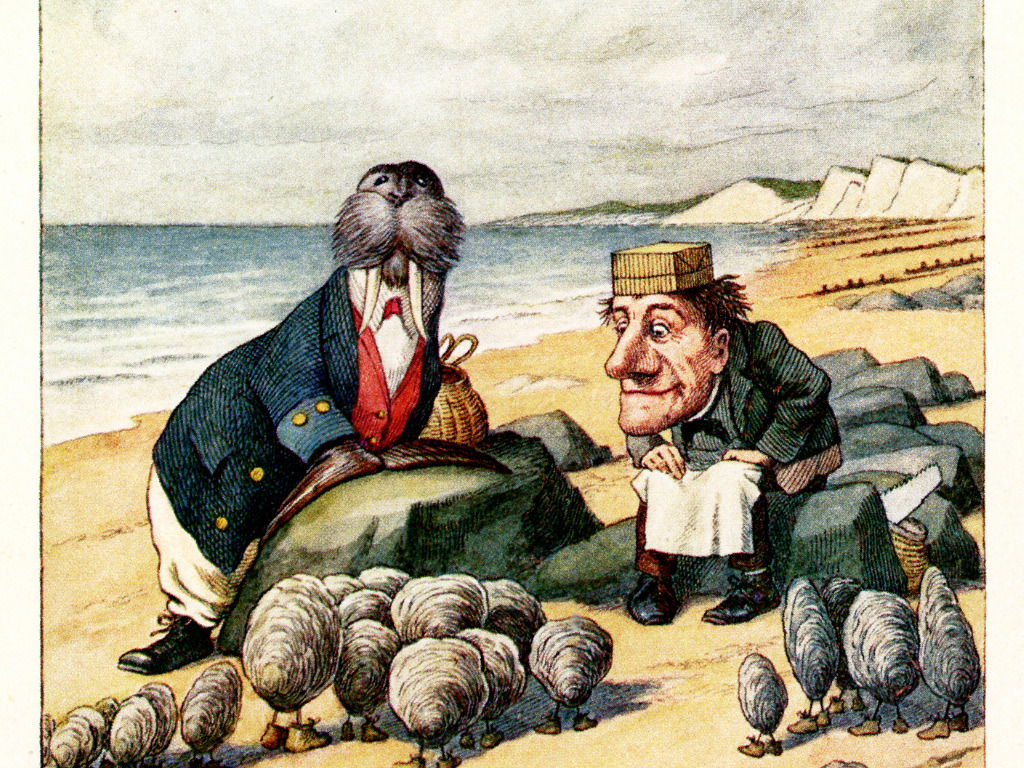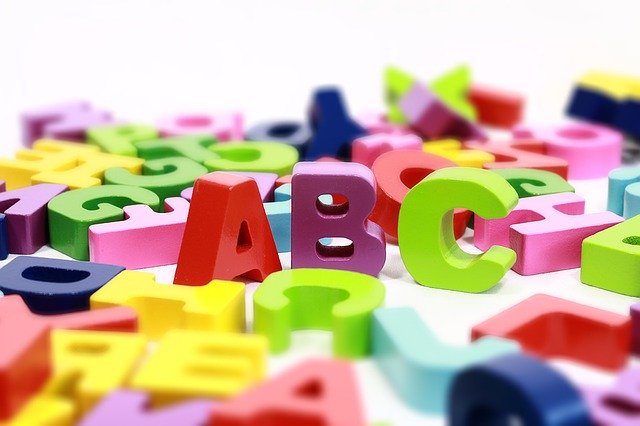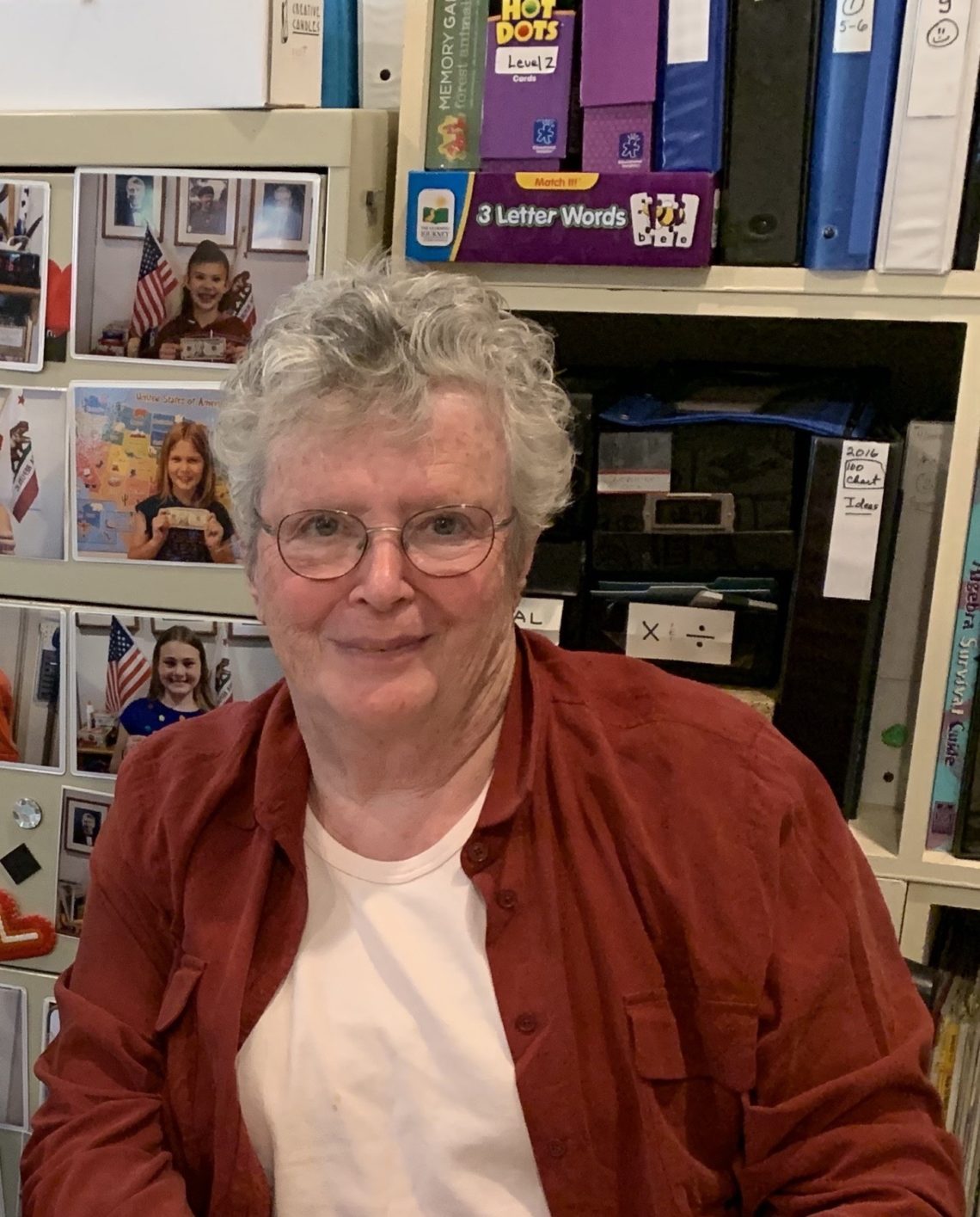The reading world was recently rocked by an article from esteemed reporter, Emily Hanford. The longtime maven of whole language, Lucy Calkins, admitted she needed to change her Units of Study after decades of context clues, guessing at words, picture walks, and dismissing the science of reading. Of course, Calkins promptly responded with a statement that essentially tried to take credit for always being a phonics-minded practitioner (despite a great deal of evidence to the contrary). When you look at the latest NAEP data, the influence of decades of whole language-oriented instruction being the dominant pedagogy in the United States is readily apparent. According to this new data, roughly 63%…
- Balanced Literacy, Decoding, Dyslexia, Ed School, Fluency, Learning Disabilities, NAEP, Phonemic Awareness, Phonics, Precision Teaching, Reading Instruction, Reading Wars, Science of Reading, Teacher Training, Whole Language
- Decoding, Dyslexia, Fluency, Learning Disabilities, Lucy Calkins, Phonemic Awareness, Phonics, Precision Teaching, Reading Instruction, Reading Workshop, Science of Reading, Teacher Training, Three Cueing System, Whole Language
A Child is Not a Mollusk
In some sense, without evidence-based instruction, a child could be more like a mollusk in that they will withdraw from the learning process and build a shell to protect themselves from the emotional anguish of feeling less-than in the classroom.
- Decoding, Dyslexia, Fluency, Learning Disabilities, Phonemic Awareness, Phonics, Precision Teaching, Reading Instruction, Science of Reading, Teacher Training, Uncategorized, Whole Language
Of Fluency and Fritters
t’s been clear for a long time that something is very wrong with the way reading is taught, but if we genuinely want things to change, we need to take a hard look at what actually works—and building fluency beyond a doubt does so. We owe it to students to get this right: their success in high school and beyond depends on it.
- Decoding, Dyslexia, Fluency, Phonemic Awareness, Phonics, Reading Instruction, Sight Words, Three Cueing System, Whole Language
Tipping The Scale on Fountas & Pinnell
Fountas and Pinnell, as well as other balanced literacy programs, places a great deal of emphasis on this guided approach to reading and group work because, fundamentally, they see reading as a social activity, rather than an individual’s ability to decode text, something that happens in the confines of the brain in the reading circuit.
-
Phonology, Phonemes, and Phonics
Phonology Phonology is the system of speech sounds that make up a language. Phonological awareness is the ability to recognize and distinguish between sounds in a language. It involves hearing only. It allows people to do the following: Count words in a sentence Count syllables in a word Identify rhymes Identify the sounds in a word Manipulate sounds (e.g., replace the “g” in got with an “n”). Phonological awareness has different levels. For example, counting the words in a sentence and identifying rhymes requires a lower level of phonological awareness, whereas counting the syllables in a word requires a higher level. Identifying sounds in a word and manipulating (adding to or deleting) those sounds…
-
The Sorceress
Elizabeth Haughton sent Jean Tucker to me. She told Jean that I could teach her to chart her student’s performance on the Standard Celeration Chart, and Jean came down to Hingham from Exeter, NH and spent a day with me learning to chart. She found it confusing and frustrating at first, but quickly got the hang of it. Jean was and continues to be the most knowledgeable and inquisitive language and reading expert I have ever met, and that meeting was the beginning of an important friendship. Jean was happy to learn to chart and went back to her learning center in Exeter and made Precision Teaching a part of…





